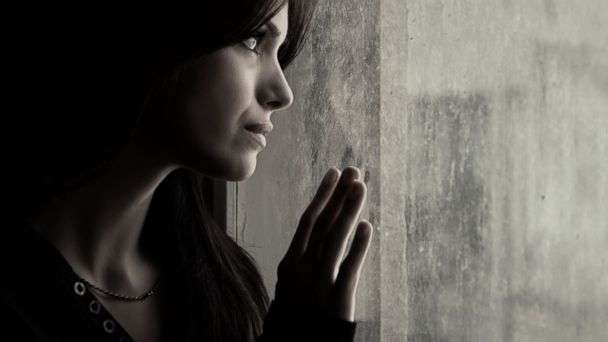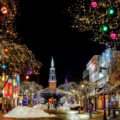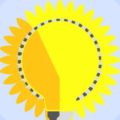It’s that awful time of year where the dark mornings and nights make your daily regime that much harder.
While many people dislike the darker months, some are affected in a more serious way, some people suffer from Seasonal Affective Disorder (SAD).
This is where the lack of natural daylight leads to symptoms such as: tiredness, sleep irregularities, anxiety, increased hunger and food cravings and depression. We react to light and dark in different ways because bright light is associated with being awake and darkness is associated with sleep. So when you struggle to get out of bed on a dark morning or hate that its dark when you get home, don’t worry these are natural reactions it doesn’t necessarily mean you have SAD. SAD is a form of depression that only affects people in the darker months. If you do believe you suffer from SAD then you should consult your doctor.
Most people work indoors and will arrive at work in the dark and leave work in the dark meaning that they will see no natural light, which is important to your health. Our body needs a certain amount of light at certain times in order to regulate our internal body clock (Circadian Rhythm). Our Circadian Rhythm is responsible for: food digestion, appetite for food, energy levels, sleep quality and length as well as our general mood.
In order to prevent SAD, it is important to try to receive enough light whether that be natural or artificial. Lightboxes are a form of Light Therapy which is used to treat SAD, however Lightbulbs Direct do not currently sell these. What we do sell is a range of full spectrum and daylight bulbs. To clarify these lights DO NOT TREAT SAD but can help in delaying symptoms and to help people who do not suffer from SAD to feel better. Full spectrum and daylight bulbs are perfect for an office environment, especially ones that don’t have windows, as it can help your employees feel more awake and fight any early symptoms of SAD.
For more information on how lighting affects our health see our Health Section.
For more information on SAD visit SAD.org.uk


